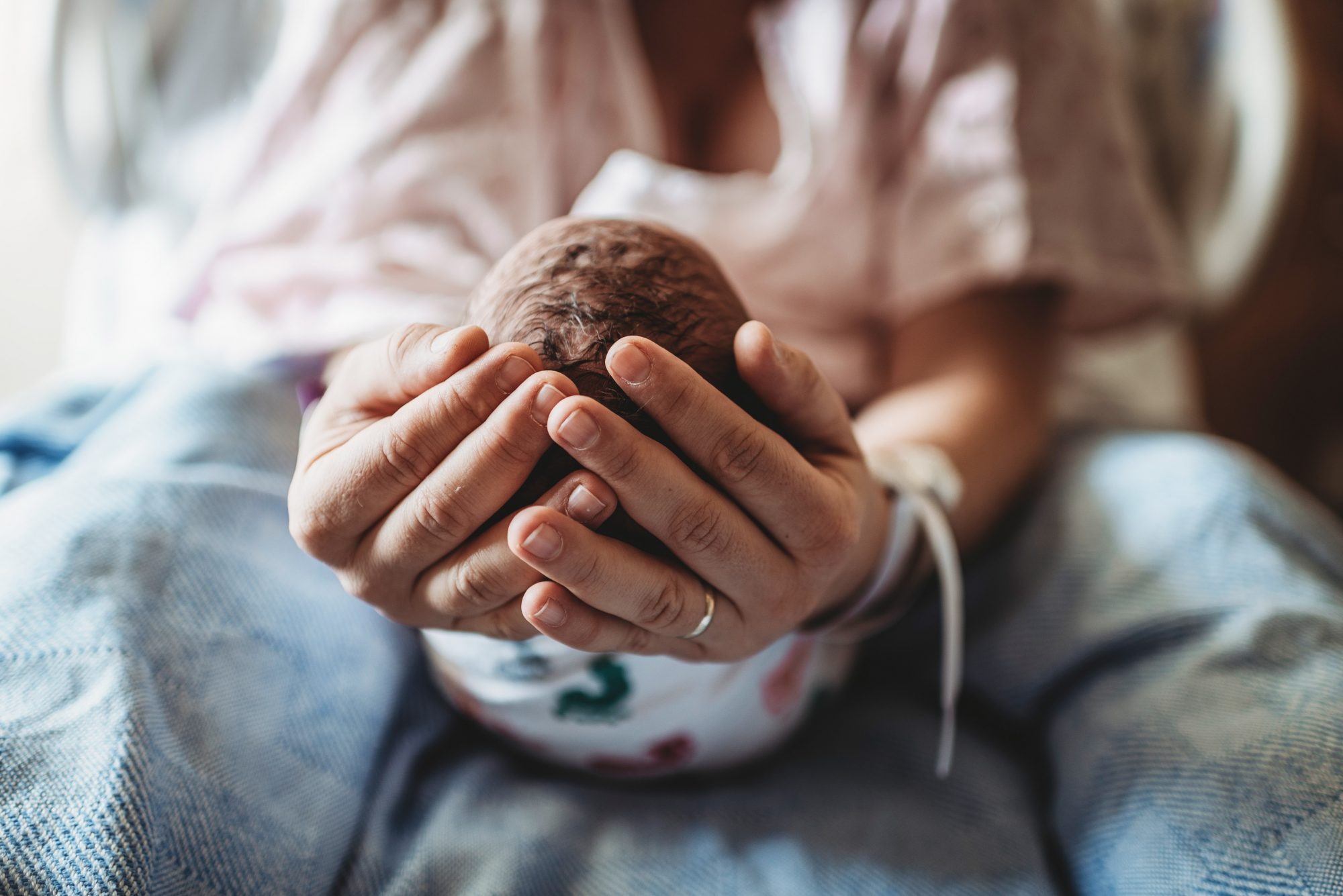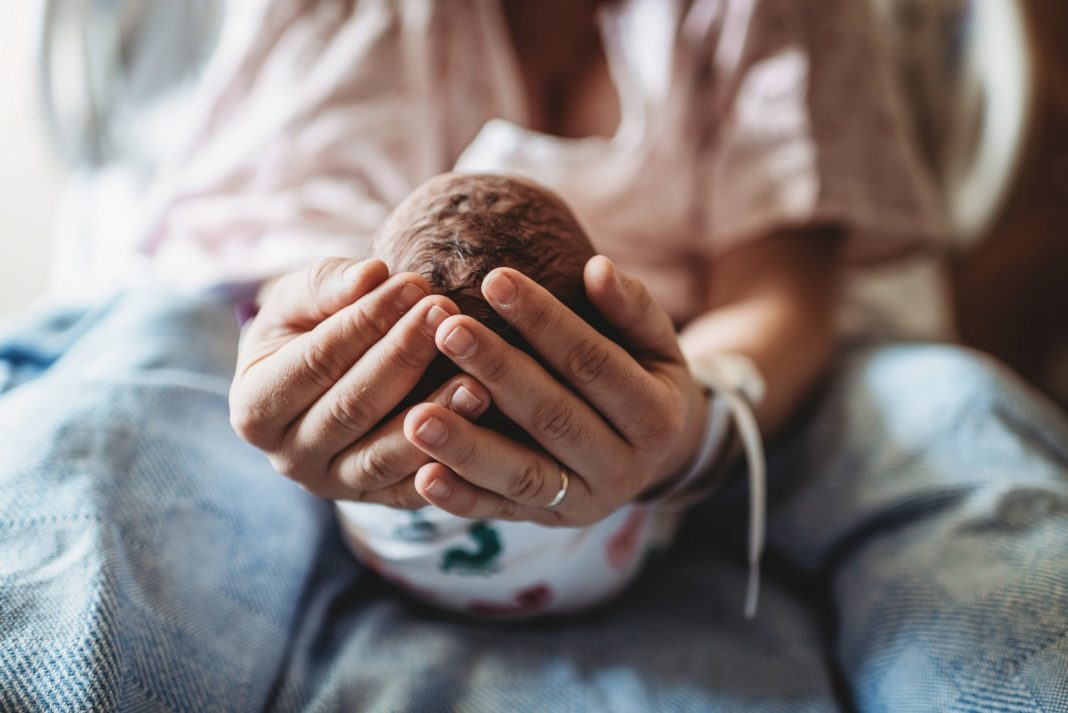
With virtual learning, job loss, and a rise in child care costs, parenting has undoubtedly been affected because of the COVID-19 pandemic. But hopeful parents have felt the impact of the pandemic, too. As fertility treatments were put on hold, many who were planning to adopt also had their plans disrupted.
There are more than 110,000 adoptions in the U.S. annually, and while numbers can't say for certain just yet, some adoption agencies across the country have seen a decrease in adoptions due to the pandemic, which has made an already complicated process all that more complicated.
Victoria Ferrara, founder and legal director of Worldwide Surrogacy in Fairfield, Connecticut, says there has been a decrease in adoptions, adoption applications, and fostering parenting placements. "Some of these reasons are that adoptive parents are set back in getting their home studies done due to a shortage of social workers who are willing or able to go to homes to do home studies, as well as delays in the court systems since hearings are delayed or not being conducted in person for many months," she notes. "Although these setbacks have eased, there is still the effect of the months of delays."
Adoption can also be expensive, sometimes costing adoptive parents up to $45,000—another big issue in a time when the unemployment rate is at more than 6 percent.
On top of that, there are, of course, also safety concerns all parties are taking into consideration. "There is a great deal of uncertainty by birth mothers regarding the safety of placing a child for adoption, and by adoptive parents regarding traveling, child placements, meetings with adoption personnel, court hearings, and other necessary processes in adoption," adds Ferrara.
As for international adoption, Antoinette Cockerham, the chief operating officer at Spence-Chapin Services to Families and Children in New York City, says she believes there has been a decrease as well, although the Department of State's not-yet-released annual report on intercountry adoptions would need to confirm it.
"COVID-19 has resulted in reduced staffing in many offices worldwide which facilitate the processing of adoptions. Some countries are not resourced in a way that would allow staff to work from home and so they have had to stagger which staff are working which shifts," she says. "Additionally, travel bans and moratoriums in different countries have halted adoptions from some countries."
And some agencies, including Adoption Advocates, Inc. in Texas, say they've noticed more birth parents than usual deciding to keep their baby despite matching with a family. There's no definitive answer explaining why, but Rory Hall, the adoption agency's executive director, told NBC's local affiliate KXAN-TV, reasons can include people moving in with family members during this time allowing for more help in caring for a newborn. Another possibility: "You feel very vulnerable and you want to keep your loved ones close to you," Hall told the station.
This isn't the case across the board as other agencies say the numbers of birth parents keeping their child have been consistent with previous years.
Other domestic agencies say they haven't seen major differences in adoptions either, including the aforementioned Spence-Chapin Services to Families and Children, as well as Special Angels Adoption based in Jackson, Ohio. "We only saw a marginal difference in the number of adoptions over the past year," says Jennifer Kelly, the medical director of Special Angels Adoption. "Our agency handles exclusively special needs adoptions so we may not have been impacted the same way a traditional agency was affected."
But for hopeful parents affected, this struggle can be exhausting as they wait even longer to become parents. The adoption process is already a fairly lengthy process, usually taking between two to seven years for a newborn and six to 18 months for a foster child, according to the National Adoption Foundation.
On top of that, adoption can be emotionally taxing. Factor in a pandemic, it's only natural that emotions will skyrocket. If your adoption plans have been affected, you might (unfortunately) need to do more digging and work than usual to make your dreams of a family come true. It's always a good idea to lean on loved ones for help, seek out insight from those who are in your shoes or have adopted before, or speak to a therapist who can offer you emotional support.
































